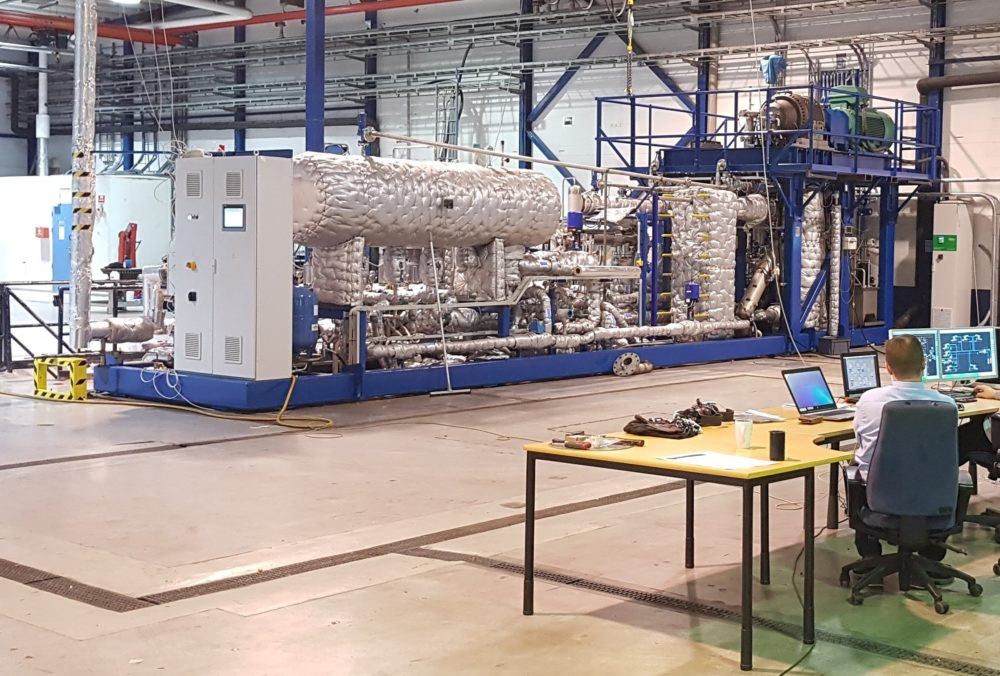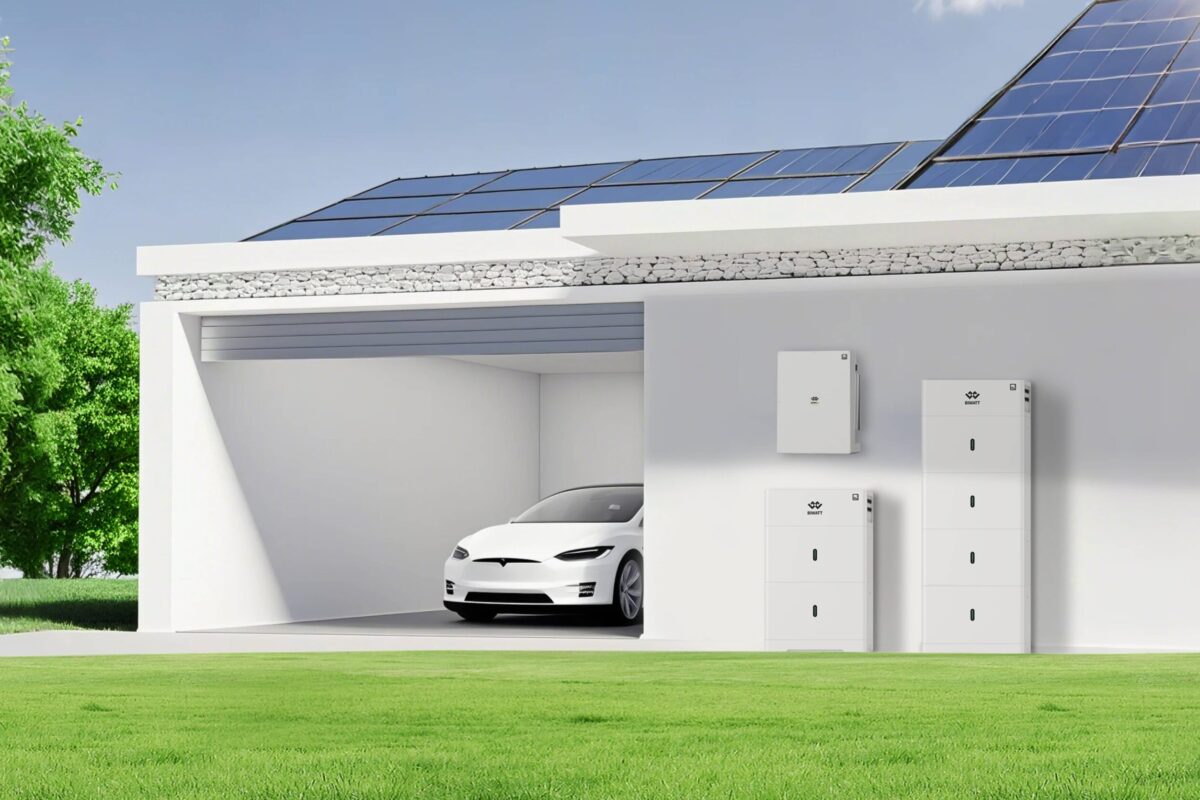Norwegian independent research organization Sintef, Norwegian compressor manufacturer Tocircle and the Norwegian University of Science and Technology (NTNU) have developed a high-temperature industrial heat pump than can work with pure water as its work medium, and reach a temperature of up to 180 degrees Celsius.
“The heat pump is suitable for all types of industries with available waste heat and a demand for process steam,” Sintef researcher Michael Bantle, told pv magazine, noting that the most interesting sectors are currently the food, chemical, and paper sectors. “However, in the renewable energy sector, the technology might be up and coming in combination with thermal storage.”
The machine, which the research group describes as the “world's hottest heat pump,” can be used with different industrial processes that rely on steam as an energy carrier and can reduce a facility's energy consumption by between 40% and 70%, as it enables the recovery of low-temperature waste heat, according to its creators.
The heat pump incorporates a rotary vane machine designed by Tocircle and water and steam technology developed by Sintef. “The vane machine is a type of compressor equipped with vanes that rotates such that it changes the compressor volume with each revolution,” Bantle said. “The secret behind Tocircle’s compressor is that all its moving parts that are in contact with the work medium are lubricated using water.”
The combination of water injection and steam compression does not only lubricate the compressor, which would otherwise end up being overheated, but also reduces thermal stress for the entire system. “This means that we no longer have to waste any heat, but can keep the heat we generate all to ourselves,” Bantle further explained. “This, in turn, will drastically reduce our greenhouse gas emissions because it will be possible to retain the surplus heat generated by the industrial process, feed it into the heat pump, and so increase the process temperature.”
When asked about the costs and return of investment (ROI) of the machine, Bantle stated that these depend on local energy prices and the benchmark technology. “Benchmarking against other electrified solutions, the system shows generally very good ROI,” he emphasized. “benchmarking against fossil fuel technology, the ROI will be longer but, again, that depends strongly on local energy pricing and possible also CO2 pricing.”
The consortium plans to bring the technology to the market during this year.
This content is protected by copyright and may not be reused. If you want to cooperate with us and would like to reuse some of our content, please contact: editors@pv-magazine.com.




2 comments
By submitting this form you agree to pv magazine using your data for the purposes of publishing your comment.
Your personal data will only be disclosed or otherwise transmitted to third parties for the purposes of spam filtering or if this is necessary for technical maintenance of the website. Any other transfer to third parties will not take place unless this is justified on the basis of applicable data protection regulations or if pv magazine is legally obliged to do so.
You may revoke this consent at any time with effect for the future, in which case your personal data will be deleted immediately. Otherwise, your data will be deleted if pv magazine has processed your request or the purpose of data storage is fulfilled.
Further information on data privacy can be found in our Data Protection Policy.